

Cancer is a significant health concern for dogs, with certain breeds more prone to the disease than others. While veterinary advancements have improved cancer diagnosis and treatment, knowing which breeds are at higher risk is essential for early detection and prevention. Understanding these breeds’ predispositions allows owners to take proactive steps, such as regular health screenings and promoting a healthy lifestyle for their pets. Awareness is key to ensuring the best care and a longer, healthier life for at-risk dogs.
Rottweiler
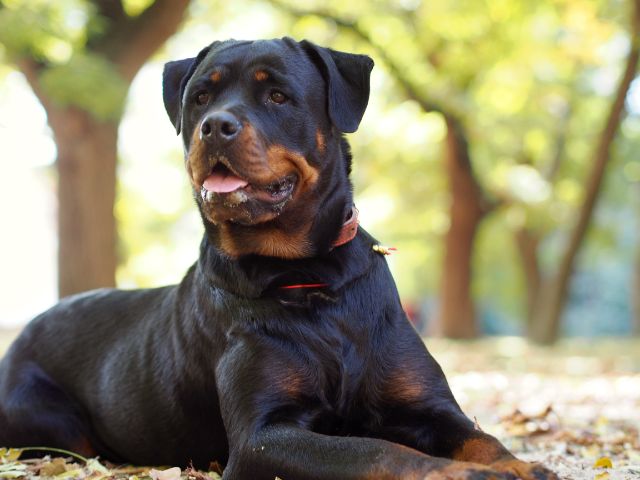
Rottweilers are large, robust dogs known for their strength and loyalty. However, they are also prone to various types of cancer, particularly bone cancer (osteosarcoma). This aggressive cancer often affects their limbs and can be challenging to treat. Rottweilers’ predisposition to cancer is thought to be linked to their genetic makeup and rapid growth rate during their early years. Owners should be vigilant for signs of lameness, swelling, or pain in their dogs’ limbs and seek veterinary advice if these symptoms appear. Regular veterinary check-ups and a balanced diet can help monitor and maintain their health.
Boxer

Boxers are energetic, playful dogs with a friendly disposition. Unfortunately, they are highly susceptible to several forms of cancer, including mast cell tumors, lymphoma, and brain tumors. Boxers’ genetic predisposition to these cancers requires owners to be particularly observant of any unusual lumps, bumps, or changes in behavior. Early detection is crucial, as some cancers can spread rapidly. Routine veterinary visits and regular physical examinations at home can help in early identification and treatment. Providing a healthy diet and minimizing exposure to environmental toxins can also be beneficial in reducing cancer risk.
Bernese Mountain Dog
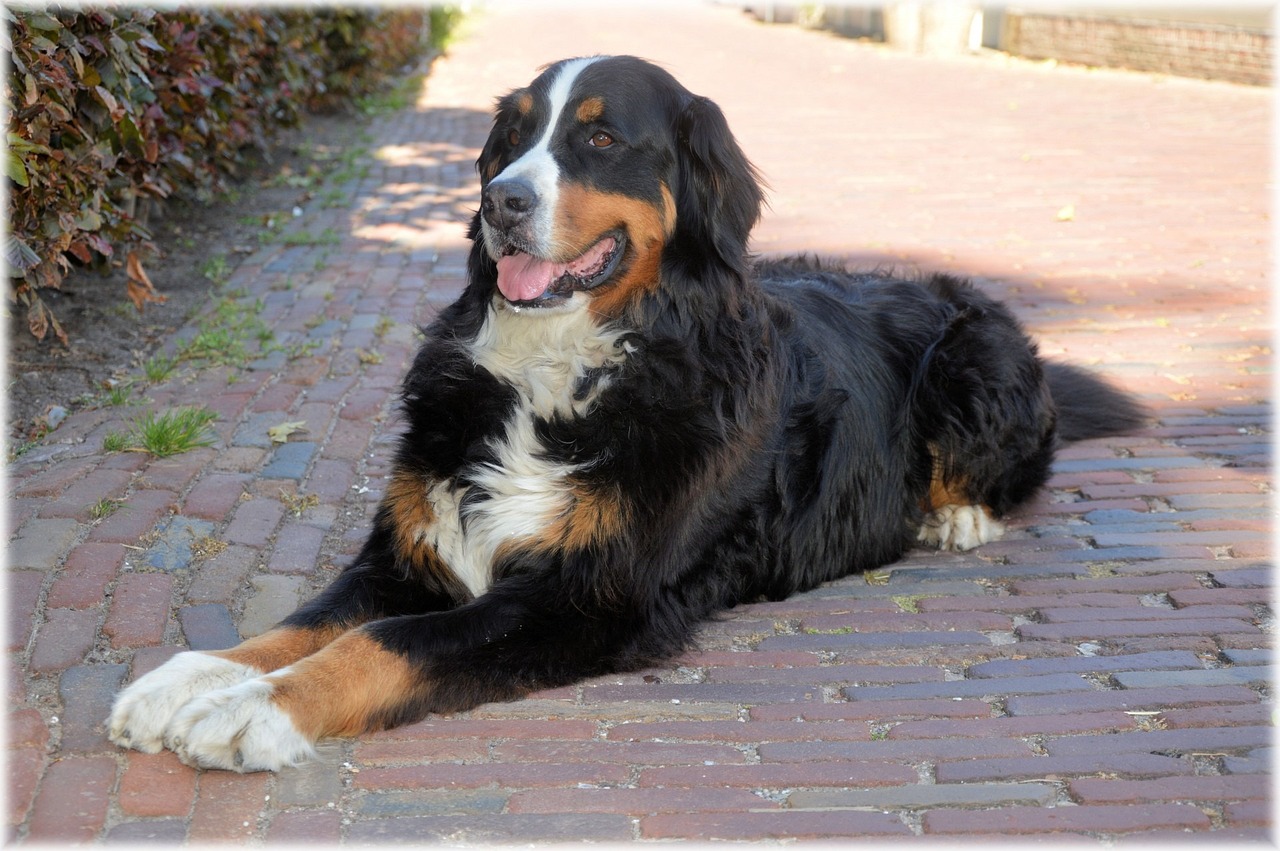
Bernese Mountain Dogs are large, gentle giants known for their affectionate nature. However, they have one of the highest incidences of cancer among all dog breeds, particularly histiocytic sarcoma, which is aggressive and often fatal. Other common cancers in this breed include lymphoma and mast cell tumors. The genetic predisposition of Bernese Mountain Dogs to cancer necessitates regular veterinary check-ups and early screening for potential issues. Owners should know symptoms such as weight loss, lethargy, and unexplained swellings. A nutritious diet and healthy weight can help support their overall health and well-being.
Golden Retriever

Golden Retrievers are among the most popular dog breeds due to their friendly and loyal nature. However, they are also highly prone to cancer, particularly hemangiosarcoma, lymphoma, and mast cell tumors. These cancers can be aggressive and challenging to treat, making early detection essential. Golden Retriever owners should monitor their dogs for signs of lethargy, abnormal swellings, and changes in behavior. Regular veterinary check-ups and a healthy diet and lifestyle can help manage their risk. Genetic research is ongoing to understand better and potentially mitigate the cancer risk in this beloved breed.
German Shepherd

German Shepherds are versatile working dogs known for their intelligence and loyalty. Unfortunately, they are also prone to cancer, especially hemangiosarcoma and osteosarcoma. These aggressive cancers often affect the spleen and bones, respectively, and can be challenging to treat. German Shepherd owners should be vigilant for symptoms such as lethargy, lameness, and unexplained weight loss. Regular veterinary visits and health screenings are essential for early detection. Maintaining a healthy diet and avoiding excessive exercise during their growth period can help manage their overall health and reduce cancer risk.
Labrador Retriever

Labrador Retrievers are another popular breed known for their friendly and outgoing personalities. They are, however, prone to several types of cancer, including lymphoma and mast cell tumors. Their genetic predisposition to cancer necessitates regular health screenings and vigilant monitoring for any unusual symptoms. Owners should look out for lumps, weight loss, and changes in appetite or behavior. Providing a balanced diet, regular exercise, and minimizing exposure to environmental toxins can help maintain their overall health and potentially reduce cancer risk.
Scottish Terrier
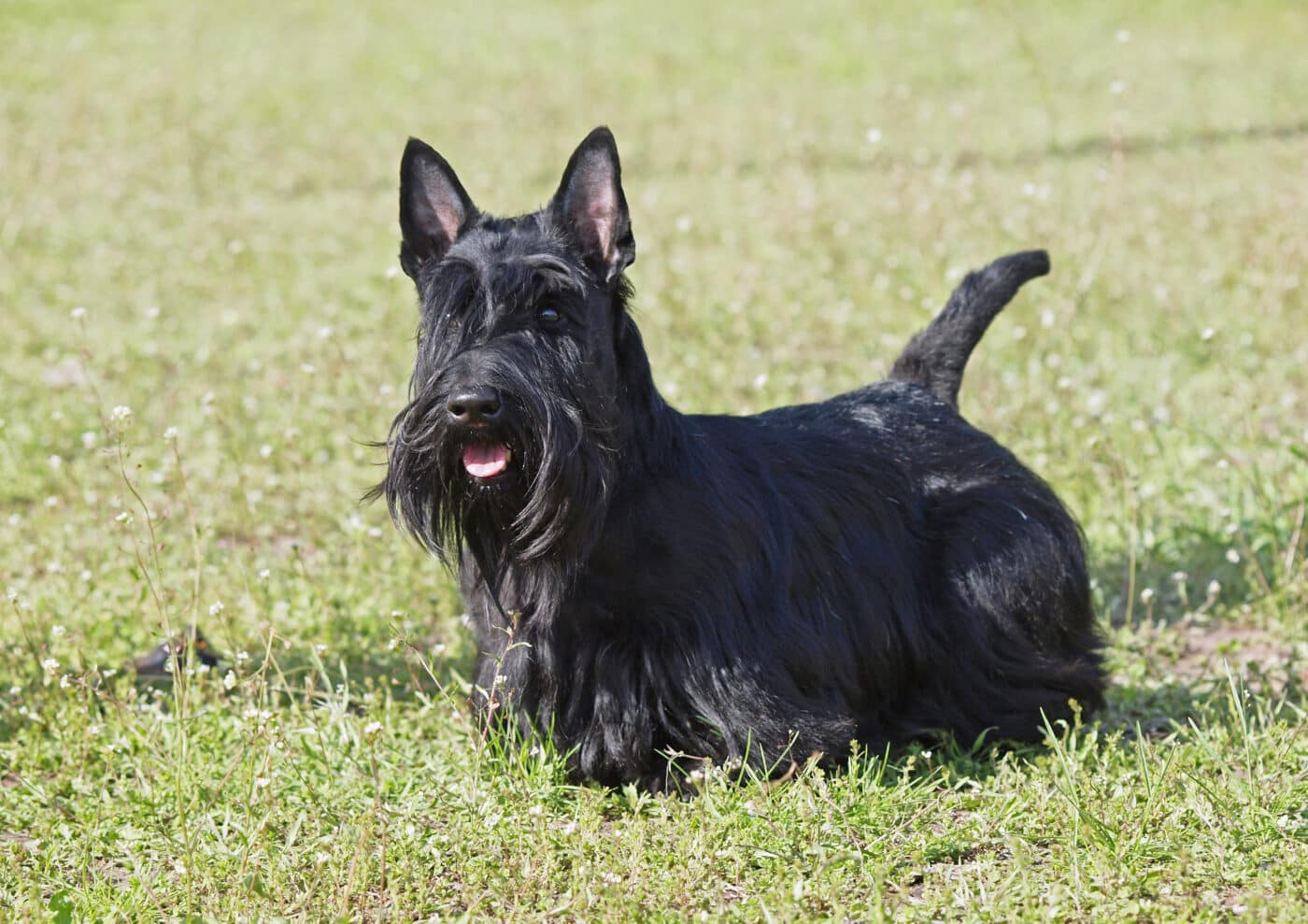
Scottish Terriers, or Scotties, are small, sturdy dogs with distinctive appearances and spirited personalities. They are particularly prone to bladder cancer, specifically transitional cell carcinoma (TCC). This type of cancer can be aggressive and difficult to treat. Scottie owners should be attentive to symptoms such as blood in the urine, difficulty urinating, and frequent urination. Early detection is crucial for managing this disease, so regular veterinary check-ups are essential. A healthy diet and avoiding exposure to pesticides and herbicides can help reduce this breed’s bladder cancer risk.
Cocker Spaniel

Cocker Spaniels are small to medium-sized dogs known for their affectionate and gentle nature. They are, however, prone to several types of cancer, including lymphoma and mammary tumors. The genetic predisposition of Cocker Spaniels to these cancers necessitates regular veterinary check-ups and early screening for potential issues. Owners should monitor their dogs for symptoms such as lumps, weight loss, and changes in behavior. Maintaining a healthy diet, regular exercise, and spaying females can help reduce the risk of certain cancers in this breed.
Great Dane

Great Danes are gentle giants known for their friendly and affectionate nature. Unfortunately, their large size and genetic makeup make them prone to several types of cancer, including osteosarcoma (bone cancer) and lymphoma. Great Dane owners should be particularly vigilant for symptoms such as lameness, swelling, and unexplained weight loss. Regular veterinary visits and health screenings are essential for early detection and treatment. A balanced diet and maintaining a healthy weight can help support their overall health and reduce cancer risk.
Doberman Pinscher
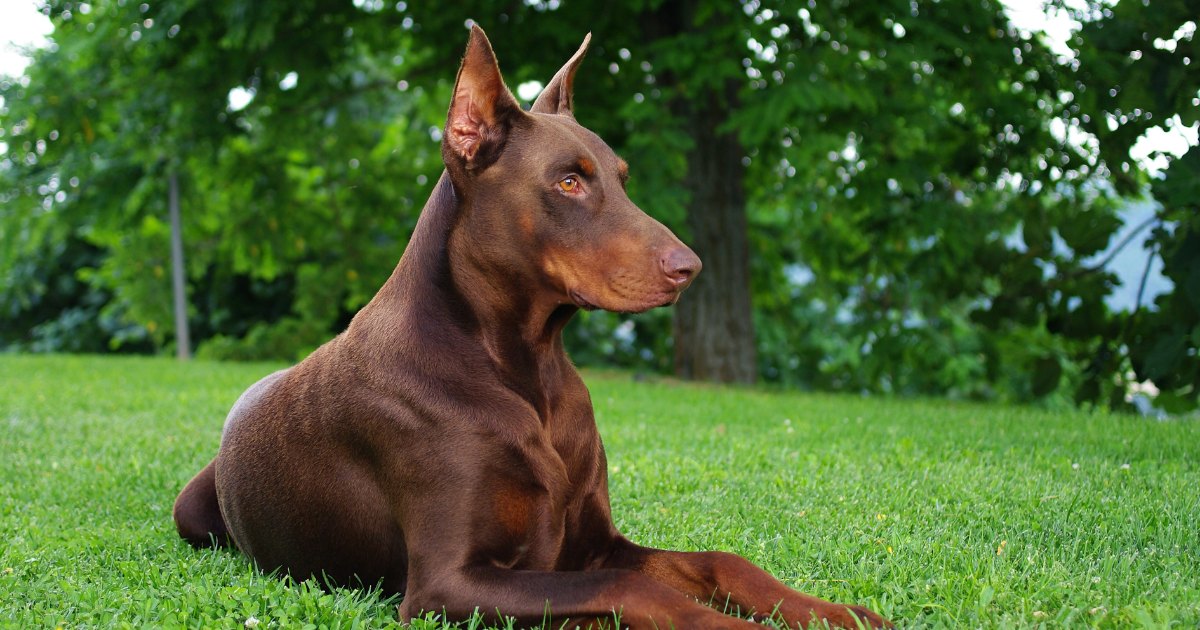
Doberman Pinschers are sleek, powerful dogs known for their loyalty and protective nature. However, they are also prone to several types of cancer, including osteosarcoma and lymphoma. Dobermans’ genetic predisposition to these cancers necessitates regular health screenings and vigilant monitoring for any unusual symptoms. Owners should look out for lumps, weight loss, and changes in appetite or behavior. Providing a balanced diet, regular exercise, and minimizing exposure to environmental toxins can help maintain their overall health and potentially reduce cancer risk.
Bouvier des Flandres
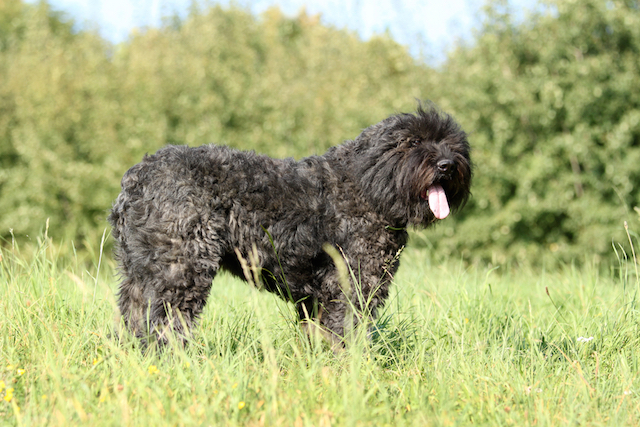
The Bouvier des Flandres is a lesser-known breed known for its robust build and working abilities. However, they are also prone to cancer, particularly lymphoma and osteosarcoma. Bouvier owners should be attentive to symptoms such as lumps, weight loss, and changes in behavior. Regular veterinary check-ups and health screenings are essential for early detection and treatment. Maintaining a healthy diet and regular exercise can help support their overall health and reduce cancer risk. Due to their rarity, ongoing genetic research is important to better understand and mitigate cancer risks in this breed.
Bearded Collie
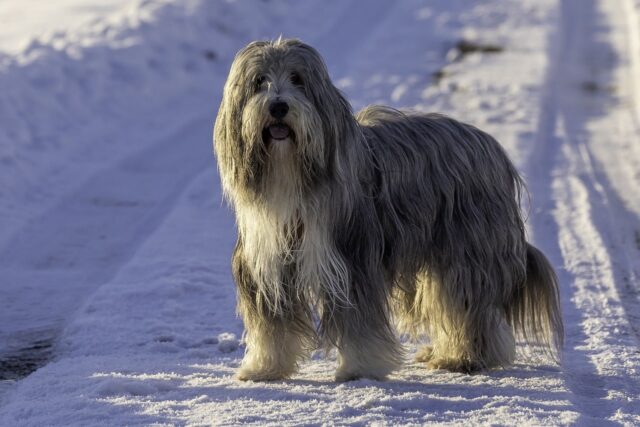
Bearded Collies, known for their shaggy coats and lively personalities, are prone to several types of cancer, including hemangiosarcoma and lymphosarcoma. Their genetic predisposition necessitates regular health screenings and vigilant monitoring for unusual symptoms. Owners should look out for lumps, weight loss, and changes in behavior. Providing a balanced diet, regular exercise, and minimizing exposure to environmental toxins can help maintain their overall health and reduce cancer risk.
Caring For Canines With High Cancer Risks

These dog breeds are particularly prone to cancer, making awareness and early detection vital for their health and well-being. Regular veterinary check-ups, a balanced diet, and a healthy lifestyle can help mitigate the risks associated with cancer. Owners should be vigilant for any unusual symptoms and seek veterinary advice promptly to ensure the best possible outcome for their furry companions. Advances in veterinary medicine and ongoing genetic research continue to improve the understanding and treatment of cancer in these breeds, offering hope for better management and prevention in the future.

